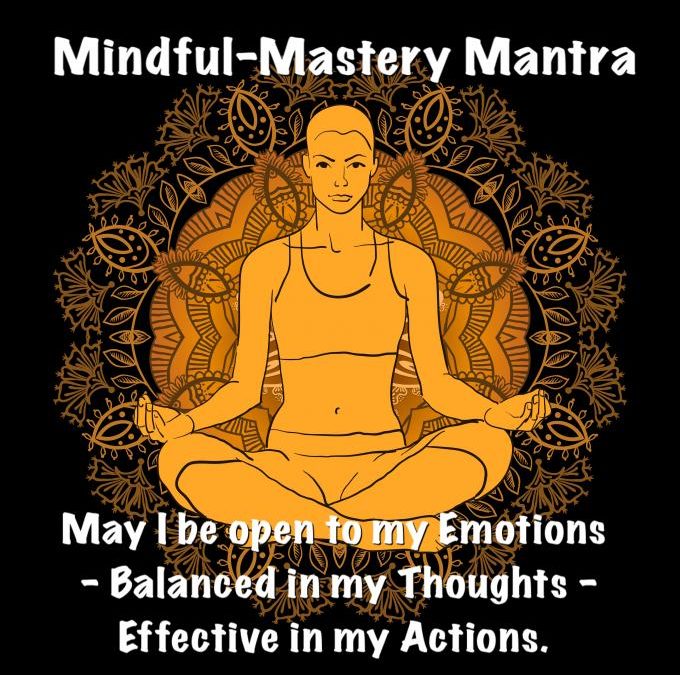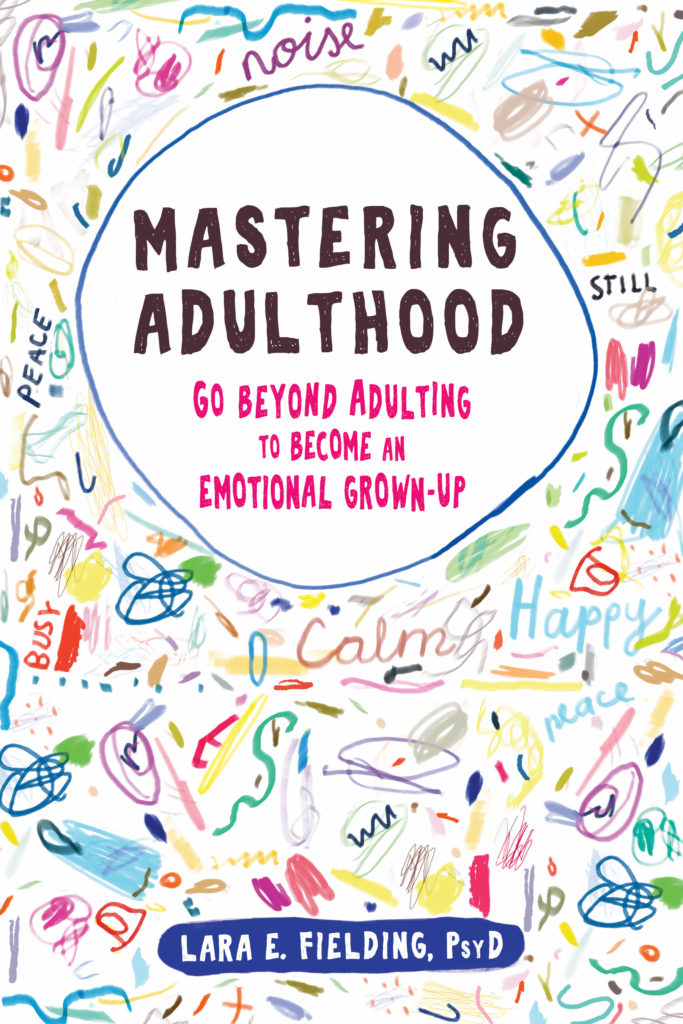The essence of mindfulness is training the mind to recognize unconscious reactions, so that we may move out of autopilot and into more adaptive responding. Once you start Hacking Your Habits, there are three simple processes to practice undermining autopilot.
Moving from Awareness to Effectiveness
Just as each component on the dashboard of your car indicates a particular need for care, each component of your internal experience does too. You wouldn’t want to put gas in the oil tank, or window washing fluid in your gas tank. In your mind-body vehicle, the practices of mindful responding always include three types skills, which should not be mixed up!
3 Steps to Practice: Validate – Check – Change
Step I: Validate Emotions
The Skill.
VALIDATE: To validate is not to approve, condone or cheer lead. Validating our emotions simply means to acknowledge them as present, without any judgment of good or bad.
The Mix Up:
Humans naturally want to feel more good feelings, and get rid of the difficult feelings. But direct efforts to change our emotions short-term often makes them worse long-term!
Barriers to Practice.
But, as we have learned, our emotion regulation system is a Paradox. The more you try not to feel something, the more you will feel it! Skillfulness is attending to your emotions with Willingness and non-judgment.
The Practices.
- PAUSE: Notice that you are feeling triggered.
- Label the emotion: Science shows that simply putting words to your emotions begins the process of lessening their expression. Try it right now. Actively move in to find a single word to describe your internal experience.
- Allow the emotion to be present. Let go of fighting against it by attending to the physical sensations of the emotion with gentle acceptance.
- Develop a Validation Statement. Identify why it makes sense that you are having the emotion based on your biology (e.g. fatigue, PMS, recent alcohol consumption, physical illness), history (prior associations with similar experiences), or anyone would feel this way!
Step II: Check Thoughts
The Skill.
CHECK: There are two ways to effectively check thoughts; 1. Keep them in check by anchoring attention in the present moment. 2. Check them for accuracy of interpretation.
The Mix Up.
Our thoughts and beliefs often feel like facts. Our natural tendency is to seek evidence to support our beliefs rather than the contrary. Our thinking content becomes like a virtual reality in which we live, demanding that we attend to it. Often times to the exclusion of our direct experience of the present moment!
Barriers to Practice.
Because our thoughts feel so true, they become sticky, biased, and habitual (more here). The difficulty here is seeing thoughts as just thoughts, rather than facts. So, our natural tendency is to either over indulge or attempt to suppress our thoughts. Being skillful is recognizing the biases of the mind.
The Practices.
- Shift your attention into the physical sensations in your body. Each time you mind pulls you to engage in your mind habit, actively move your focus to the sensations of breathing, other physical sensations, and the sounds around you. Each time your mind tries to wander back to the thought, practice redirecting to breath- body- sound.
- Test the thoughts for accuracy. Ask yourself, “Are the thoughts going through my mind 100% true?” This is a classic CBT skill. Being skillful is to actively seek examples of how your thought is not true, even if just a little bit.
- Find the balanced thought. Use AND rather than ‘but’ to find a balanced interpretation of the situation causing you distress. For example, “It is true that _________, AND _______ is true also.”
Step III: Change Actions
The Skill.
CHANGE: The only thing in your direct control is your behavior. We all want to feel more in control of the things we want to change in our lives. Your most powerful ally in regulating your trigger reactions is your behavior (more here).
Being skillful is intentionally choosing the action, which will be most effective in a. promoting your physiological resilience, b. managing the problem in the moment.
The Mix Up.
We frequently mix up our actions with the internal experience of the emotion itself. This is because our action tendencies are evolutionarily so tightly coupled with our emotions.
Barriers to Practice.
While the action impulses related to each emotion do make us feel compelled to certain actions, the action is a separate thing from the emotion itself. The barrier here is usually our willingness to do the opposite of what our emotion is compelling us to do!
The Practices.
• Opposite Action: Emotions are tightly coupled with related action tendencies. So engaging the action opposite to the emotion will help down regulate the emotion.
- For Anxiety: Slow down.
- Open your body posture so that you lower your shoulders, breath into your belly.
- Pace your breathing so that you inhale a count of 3, and exhale a count of 5, for several breaths.
- For Anger: Gently move away from the situation causing the emotion. Practice compassion for the subject of your anger.
- For Sadness: Speed up. As best you can take one small action to get active. Stand up, stretch your body, take a shower, or even better, exercise!
Mindful-Mastery begins with self awareness and understanding of the basic mechanisms of our mind-body vehicles. But awareness, or ‘insight’ is not enough to break the habitual patterns of thinking and behaving we develop over time.
Our habits are our ways of being we have practiced repeatedly over time. So making the shift out of autopilot requires a steady practice of listening to, and validating our experience, before mindfully choosing to do something different.
The simple rule of Validate – Check – Change will help you to regain control of your trigger reactions, and slowly rewire your autopilot into more adaptive responding.
If you would like to receive updates to guide your self-exploration, knowledge, and skills, subscribe to the Mindful-Mastery blog RSS feed. Or follow me on Facebook, Twitter, or Instagram!


